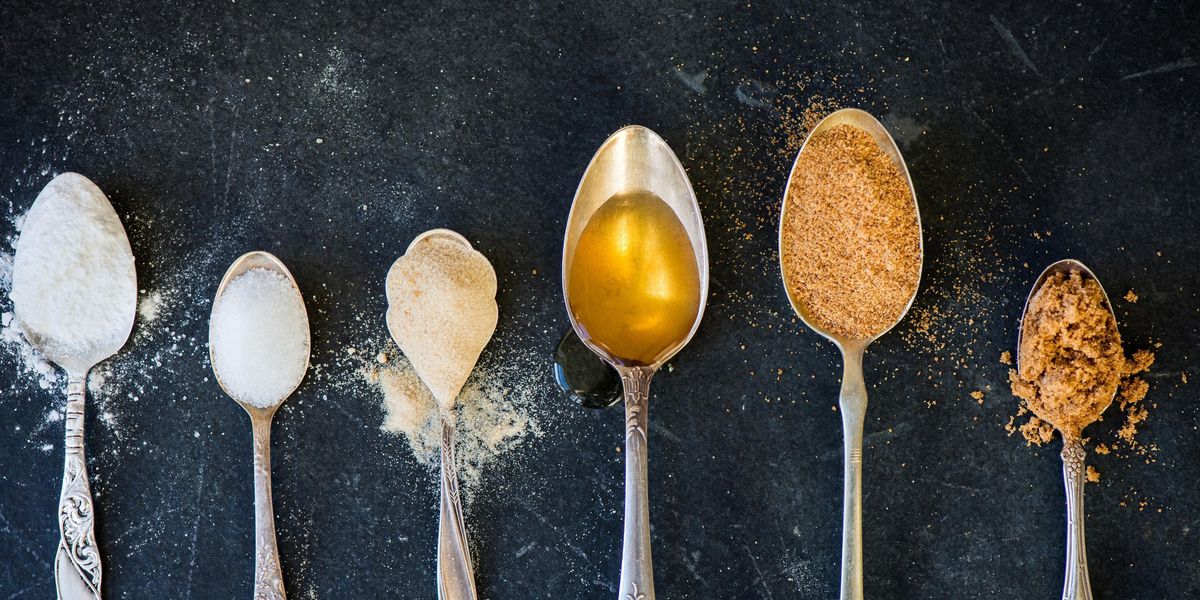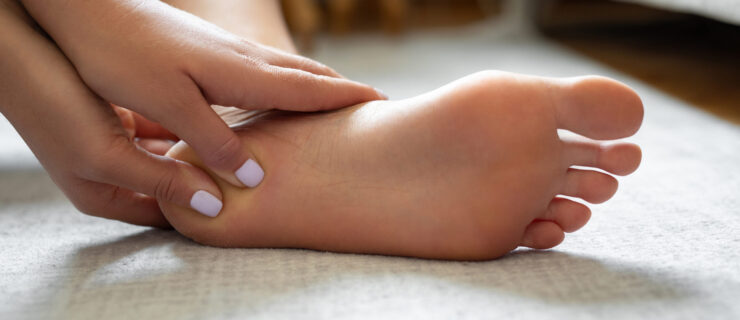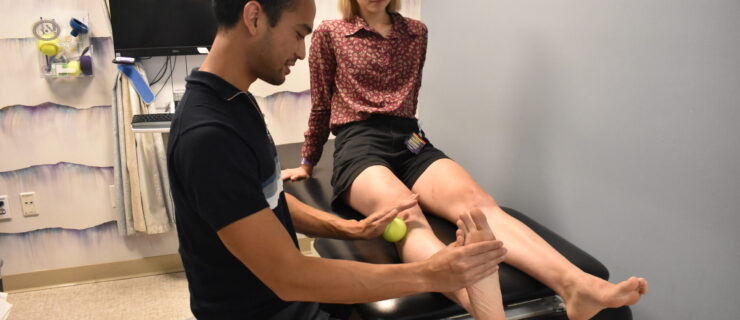The Truth About Sugar
Picture this: You’re hungry for a mid-rehearsal snack, so you pull your favorite energy bar out of your dance bag. “You should try this brand,” your friend suggests. “It’s sweetened with honey instead of sugar.” Your other friend offers you some raw fruit, while another says she doesn’t eat sugar at all. Who’s right? Is honey different from sugar? Is the sugar in fruit better for you? Is it possible, or even nutritionally advisable, to avoid sugar altogether?
This Is Your Body on Sugar
Studies have shown that sugar may increase the risk of diabetes, obesity, heart disease and more. But in an effort to cut out sugar, many dancers overlook the word may. Sugar-related illnesses often come from eating tons of added sugar coupled with a sedentary lifestyle.
High-level athletes—people who are the opposite of sedentary—are already at an advantage when it comes to processing the sugar they do eat. “Dancers have good glucose control,” says Heidi Skolnik, a nutritionist and head of performance nutrition at The Juilliard School. “That means that your body can regulate how much sugar it takes into your muscles.” In other words, you’re less likely to experience an energy spike and crash after eating or drinking something sweet.
She suggests dancers think of added sugar as discretionary calories: After nutritional needs have been met, your body can still consume more calories. “And the more active you are, the more discretionary calories you can have,” she says. Many dancers are worried that eating sugar means consuming “empty calories.” But even though most sugars aren’t providing a nutritional punch, they’re still fueling your athleticism.
Sweet and Simple
“Sugar is one of the forms of carbohydrates. Carbs are critical for the body, providing the most efficient form of fuel burned for energy,” says Rachel Fine, registered sports dietician and nutritionist at The School at Steps. “Dancers need an adequate amount of carbs every day and they should be distributed evenly throughout the day to maintain energy levels.”
Skolnik stresses that while sugar contains little to no nutrients, it still contains calories that an athlete’s body needs. “Dancers often talk about ‘eating healthy,'” she says. “Food isn’t healthy or unhealthy, it’s just nutritious or not nutritious.” When it comes to choosing sugary foods, think about how the lack of nutrition and surplus of quick energy stacks up against what you’ve already been eating that day. Both nutritionists agree that added sugar, found in almost every packaged food and drink, should be minimized.
Even so, Skolnik doesn’t want dancers to live in fear of added sugar or think of all sweets as “a treat.” “It doesn’t ‘undo’ your good nutrition,” she says. “Sugar becomes a problem when the level of consumption overtakes that of nutrient-rich calories.” So, go ahead and eat a cupcake after a long day of dancing. Just don’t try to subsist on cupcakes alone.




